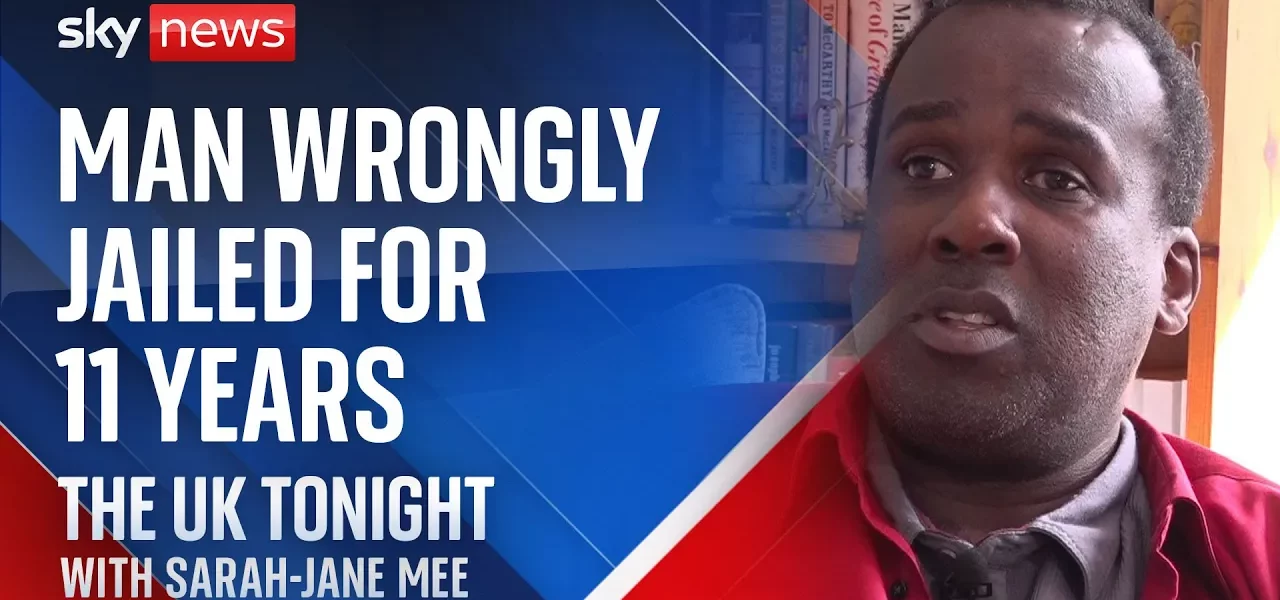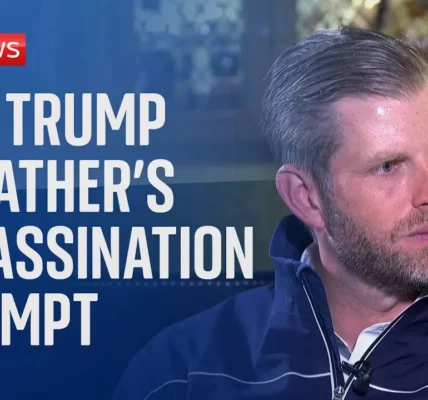Celebrating Justice: Oliver Campbell’s 34-Year Fight for Freedom

This article delves into the incredible journey of Oliver Campbell, an innocent man who has spent 34 years fighting for justice after being wrongfully convicted of murder. Explore the complexities surrounding his case, the legal battles fought, and the ongoing quest for the true perpetrator.
Introduction
In a significant turn of events, Oliver Campbell, a man who suffered severe brain damage as a child, has finally been acquitted after a lengthy fight for justice that lasted over three decades. Convicted in 1990 for a crime he did not commit, Campbell’s case highlights serious issues within the criminal justice system, including police misconduct and the treatment of individuals with disabilities. His battle, marked by emotional turmoil and legal complexities, has not only underscored the need for reform but also raised questions about the reliability of confessions obtained under duress.
The Case Against Oliver Campbell
Oliver Campbell’s conviction stemmed from an incident in 1990 when two men attempted to rob an off-license in East London, resulting in the tragic death of the shop’s owner, Balev Hundle. Following the incident, Campbell was interrogated by police without legal representation, leading to a confession that would haunt him for over three decades.
The Confession
During interrogation, Campbell admitted to being the gunman, a statement he later recanted. Key points of concern regarding his confession include:
- Campbell’s confession was made under extreme pressure, a practice that raises ethical concerns.
- Evidence suggested that his hat, found at the crime scene, had been stolen days prior to the incident.
- The confession lacked credible physical evidence linking him to the crime, as demonstrated by the circumstances surrounding the murder.
Judicial Missteps
The legal proceedings against Campbell were riddled with inconsistencies. The appeal judges later acknowledged that had they known of Campbell’s mental vulnerabilities at the time of the confession, they would have viewed the case differently:
- Campbell was treated as an adult during his trial, despite his cognitive impairments.
- Medical evidence presented during the appeal highlighted his susceptibility to coercion.
- Critical evidence from eyewitnesses was either overlooked or not allowed in court, severely undermining Campbell’s defense.
The Long Fight for Justice
For 34 years, Oliver Campbell and his legal representatives worked tirelessly to prove his innocence. The process was fraught with challenges, as Campbell faced not only legal battles but also the emotional toll of being wrongfully imprisoned.
Support from Legal Advocates
Michael Bural KC, Campbell’s barrister, played a pivotal role in advocating for his rights. Bural’s reflections on the case highlight several key aspects of the legal struggle:
- Continuously fighting against a system that failed to recognize the severity of Campbell’s mental disabilities.
- Bringing forth new medical evidence that ultimately led to the quashing of Campbell’s convictions.
- Highlighting the inconsistencies in witness testimonies and the failure to consider critical evidence during the trial.
The Role of Public Support
Public advocacy played a significant role in Campbell’s journey. Support from groups concerned with wrongful convictions and disability rights helped to keep his case in the public eye, ensuring that the pursuit of justice remained a priority.
The Aftermath of Acquittal
Upon his acquittal, Campbell expressed a mix of emotions, including relief, anger, and a profound sense of loss. The journey to reclaiming his life is fraught with complexities, especially as he seeks to reconnect with family and friends from whom he has been estranged over the years.
Seeking Closure
Despite his acquittal, Campbell’s road to recovery remains challenging:
- He faces the reality of a life altered by wrongful conviction, grappling with feelings of anger and bitterness.
- Efforts to reach out to friends and family are complicated by the passage of time and lost connections.
- There is a pressing need for authorities to pursue the actual perpetrator of the crime for true justice to be achieved.
Conclusion
The story of Oliver Campbell is not just one of personal triumph over adversity but also a reflection of the systemic issues within the criminal justice system that need urgent reform. As Campbell continues to navigate his newfound freedom, it is imperative that society remains vigilant in addressing wrongful convictions and supporting individuals with disabilities. The call for justice does not end with Campbell’s acquittal; it extends to the families affected by these tragic events. To support the cause for justice and reform, consider advocating for changes in the legal system and raising awareness about wrongful convictions.
“`




